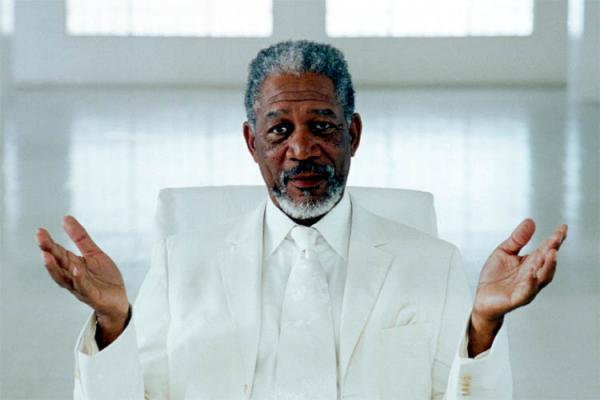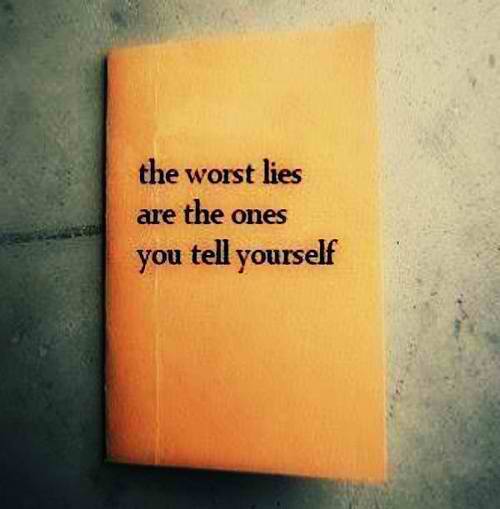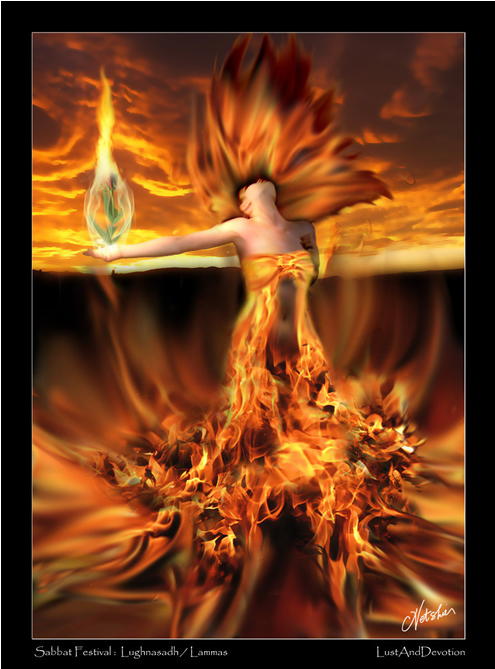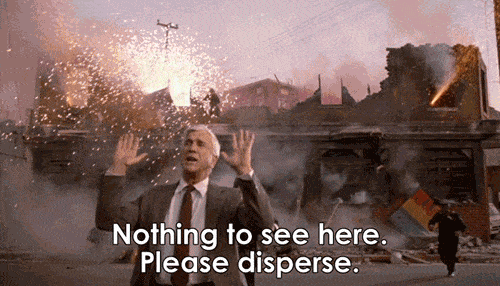We’re going to lose the fight against climate change
… and we’re probably going to lose badly.
(The fact that we think about it as a “fight” probably has something to do with why we’re going to lose.)
If you look at the numbers and you consider the realities of human nature and the intertia of late capitalism, the conclusion seems inevitable:
Human civilization will collapse and the human species will be lucky to survive.
Continue reading “Paganism: The Little Religion That Could Have Been”










































